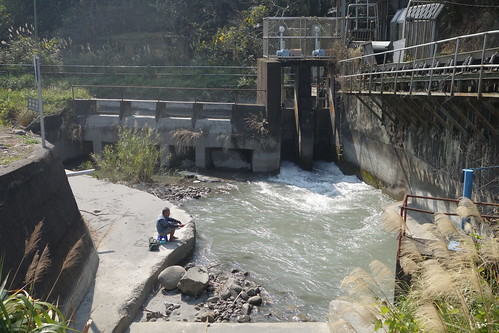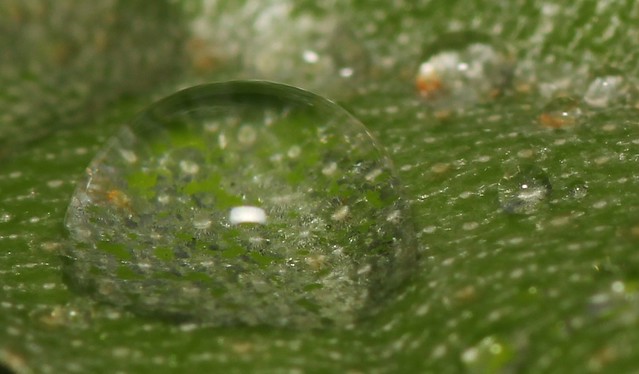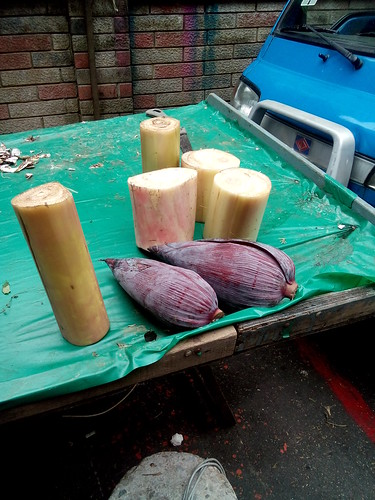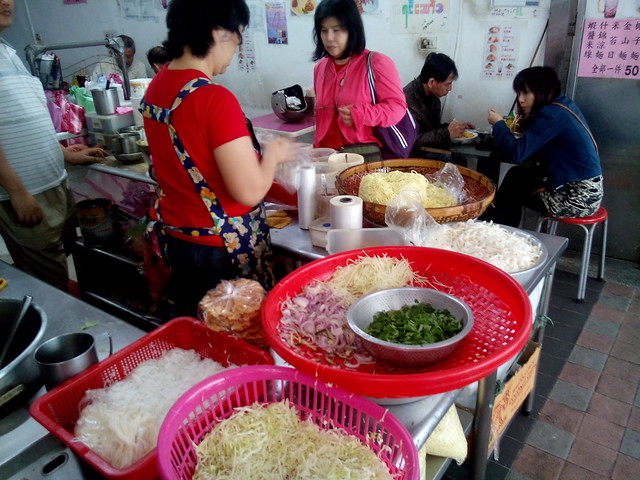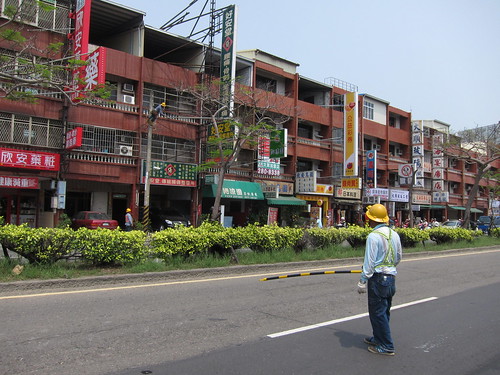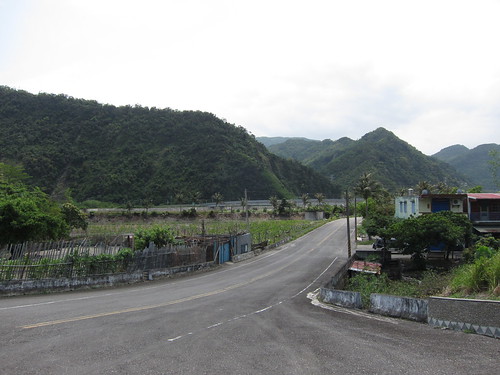Smith: The pumps... if we opened the doors...Eric Chu's KMT is still the KMT. The news says it all: Tenth KMT-CCP forum to be held in May or June. The KMT has but one card left to play, and that's the "only we can handle China" card. Unfortunately they are looking like the same old KMT more and more, with the press now discussing a Xi-Chu meetup at the Forum -- which is being treated as a separate issue. The Forum, held in June, will be only six months away from the election, a timely reminder of who the KMT's allies are. This connection might be nice in some quarters, and polls might even show majority approval, but I suspect voters are going to be very tired of it, and will punish the KMT. If Xi and Chu meet, it will cost the KMT votes.
Andrews: [interrupting] The pumps buy you time, but minutes only. From this moment, no matter what we do, Titanic will founder.
Ismay: [incredulously] But this ship can't sink!
Andrews: She's made of iron, sir! I assure you, she can... and she will. It is a mathematical certainty.
In any case, the Eric Chu KMT is feeling a lot like the Ma Ying-jeou KMT, same people, same issues, same trends...
Lots of light moments this week. A well-known talk show host, Vivian Tsai (蔡玉真) made headlines today by announcing that Ma would have to step down in 2015, which would make Wu Den-yih President. It's hard to see that happening, but the really droll part is that Wu Den-yih and his wife believe they are fated to be president and first lady. Apparently a few years back, a fortune teller told Wu that he had a presidential fate. My wife observed that if he becomes president, that fortune teller is going to get rich. eTaiwan news says:
The Special Investigation Division summoned political commentators Tsai Yu-chen and Wang Chieh-min to testify Wednesday in its investigation of charges that President Ma Ying-jeou accepted illegal contributions from business figures in the 2008 election campaign. Afterwards Tsai took to Facebook to write that she believes Ma will step down as president sometime this year, to be succeeded by current Vice President Wu Den-yih.Wu dismissed the claims as "ridiculous". The really great thing is that suddenly the Chen Shui-bian accusations of the other day were blown away by this new kerfuffle and disappeared into the media ether...
Tsai revealed that she had been questioned in relation to reports of political contributions from the Ting Hsin Group. She said that prosecutors had provided a list of entrepreneurs and asked what she knew regarding the case, but added that she was not at liberty to disuss any details of the investigation. She said she could only disclose that she believes that before the end of this year President Ma will step down from office. "But don’t worry,” she said, “Wu Den-yih is prepared to take over and this will be a transition period only."
Speaking of the presidency, reports have it that PFP leader James Soong, once a KMT stalwart who nearly won the Presidency in 2000 after leaving the KMT and running as an independent, is considering a run. This will help the PFP legislative candidates, though, if the last time he did this is any indication, he won't have much effect on the Presidential election. But it will still be nice to see...
Meanwhile, DPP Chair and probable presidential candidate Tsai Ying-wen is making DPP hay out of the nuclear issue. She called on DPP members to take part in demonstrations against nuke power across the nation on Saturday. Nukes are unpopular and DPP ownership of this issue will hurt the KMT come election time.
__________________
Daily Links:
- MAC declines China's invitation to participate in WWII commemoration
- Single man dates three women in two weeks, makes headlines.
ThreeFour different editorial staffs decided this was news. Taiwan is so ill-served by its media... - Twilight of the Idols: Defacing CKS statues.
- The recent pro-China changes to the education curriculum, in Chinese
- Cole: China demolishes the Taiwan consensus
- Reuters with a rare good piece on Taiwan-China. Reading more of these where the writer discusses what the Taiwanese people think. One effect of the Hong Kong protests was, IMHO, to make it easier for the international media to discuss what the Taiwanese people actually think.
[Taiwan] Don't miss the comments below! And check out my blog and its sidebars for events, links to previous posts and picture posts, and scores of links to other Taiwan blogs and forums!
